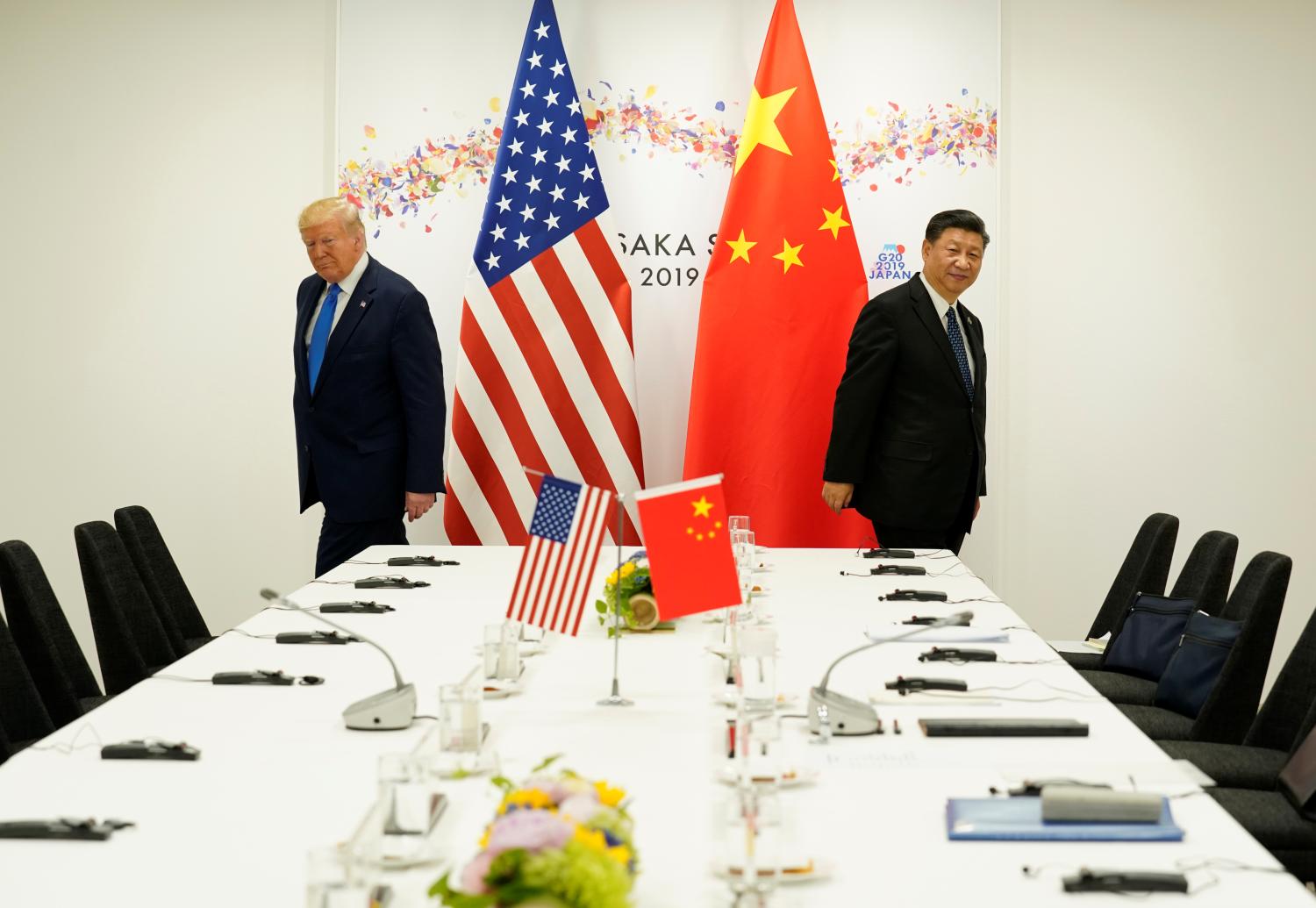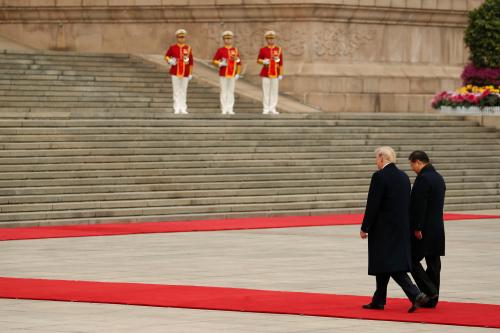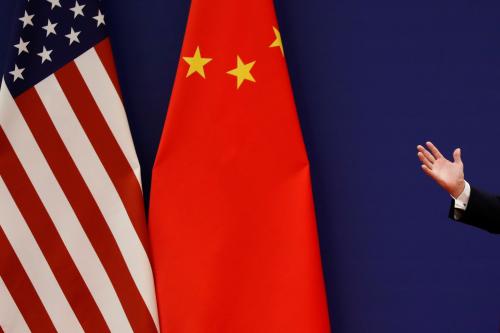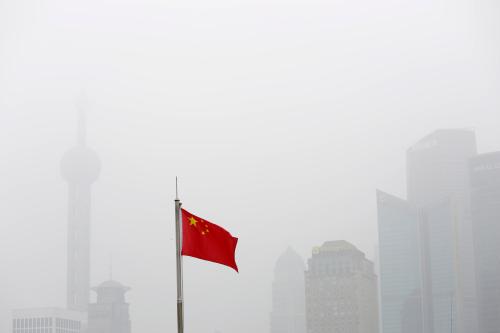Executive Summary
In recent years, American views of China (especially in elite opinion circles) have grown increasingly antagonistic. Though in part attributable to China’s behavior and to the policies of the Trump administration, these shifts in U.S. thinking reflect a larger unease over the implications of Beijing’s emergence as a global power, with China seen as an ever-larger danger to American commercial, political, and security interests. To many, the defining question is no longer how to manage relations with China, but how to counteract and (if possible) impede China’s advance to major-power status.
The political right and left in the United States have both long hewed to antagonistic views of China, though for very different reasons. The far more pronounced shifts in thinking now emanate from intellectual constituencies and commercial interests in the center of U.S. policy debate. By default or by design, centrist opinion now aligns with sentiments in the Trump administration and on the right and left of the political divide, with all arguing that China’s policy goals and strategic intentions are increasingly malign.
China’s economic and technological emergence and the leadership’s reversion to a state-dominated economic strategy have been the focal point of much U.S. policy debate. The more dire views see China’s advance leading ineluctably to the weakening of American power and the displacement of the United States from regional and ultimately global leadership. In this pessimistic assessment, these power shifts warrant a decoupling between the world’s two largest economies and a parallel effort at strategic separation.
Amidst the torrent of grievances voiced in the United States, there has been very little attention to where an adversarial stance toward China could lead. China is now the world’s lead trading state, deeply integrated in supply chains involving U.S. allies and partners. It is increasingly active in infrastructural funding across Asia, Africa, and Europe, including as a multilateral lender. Its products (including in some high-technology sectors like telecommunications) are competitively priced and welcomed in global markets. Perhaps most important, there is no meaningful support outside the United States to exclude China from an ever-larger role in global and regional economics.
Should the Chinese elite and mass opinion conclude that the United States is intent on denying the China its rightful place in global affairs, no one should expect Beijing to be compliant or submissive. At the same time, none of China’s neighbors, even those uneasy about the growth of Chinese power, want to be caught in a struggle between the U.S. and China.
For both Washington and Beijing, the patient rebuilding of a rules-based order, not the assertion of unilateral advantage by either, remains the only credible path forward. Rather than mirror-image Chinese xenophobic or paranoid behavior, the United States should insist on reciprocity in the relationship to promote openness, move aggressively to open China’s markets, welcome Chinese visitors and researchers, and defend our allies. The United States also needs to fix its own broken domestic politics and mitigate the downsides of globalization at home to diminish the gratuitous scapegoating of China. Without such efforts, the region and the world will inevitably move toward open-ended rivalry, or worse—from which no country, including the United States, can possibly benefit.
The Brookings Institution is committed to quality, independence, and impact.
We are supported by a diverse array of funders. In line with our values and policies, each Brookings publication represents the sole views of its author(s).








